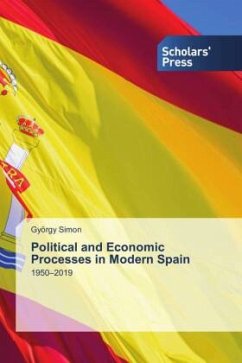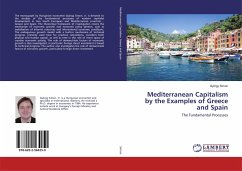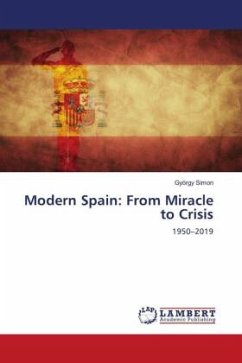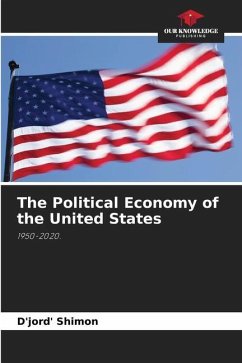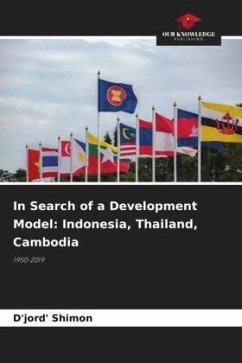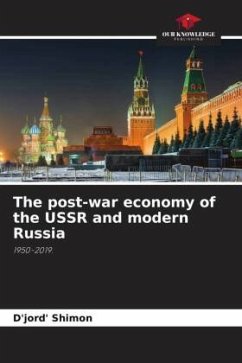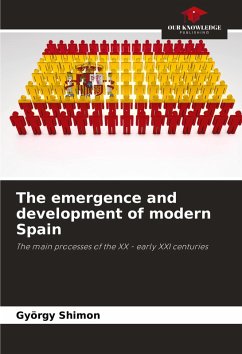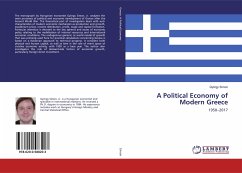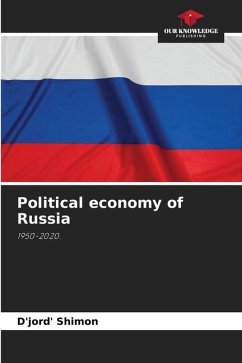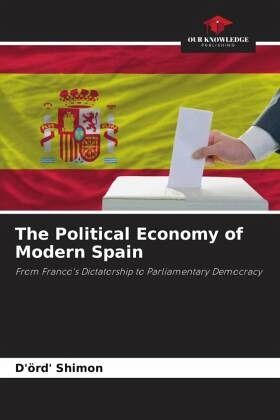
The Political Economy of Modern Spain
From Franco's Dictatorship to Parliamentary Democracy
Versandkostenfrei!
Versandfertig in 6-10 Tagen
43,99 €
inkl. MwSt.

PAYBACK Punkte
22 °P sammeln!
In this monograph the Hungarian economist György Szymón, Jr. examines the political and economic aspects of the fundamental processes of Spain's modern capitalist development from the Francoist period to the present day, when the country has consolidated a unique model of decentralized parliamentary democracy within a constitutional monarchy. Particular attention is paid to Spain's participation in the eurozone and to the analysis of the recent crisis of its sovereign debt. The theoretical framework of the study covers the mechanism of economic growth and key areas of economic policy concern...
In this monograph the Hungarian economist György Szymón, Jr. examines the political and economic aspects of the fundamental processes of Spain's modern capitalist development from the Francoist period to the present day, when the country has consolidated a unique model of decentralized parliamentary democracy within a constitutional monarchy. Particular attention is paid to Spain's participation in the eurozone and to the analysis of the recent crisis of its sovereign debt. The theoretical framework of the study covers the mechanism of economic growth and key areas of economic policy concerning domestic resource mobilization as well as the international economic environment. The endogenous growth model with the technical progress mechanism embedded in it, used mainly for practical calculations, takes into account both physical and human capital, as well as time in the role of the event space of creative economic activity. Based primarily on this model, the author has tried to reveal the causes of the post-war Spanish "economic miracle" and the subsequent decline. He also explored the factors of growth on the demand side, especially the role of foreign direct investment.



